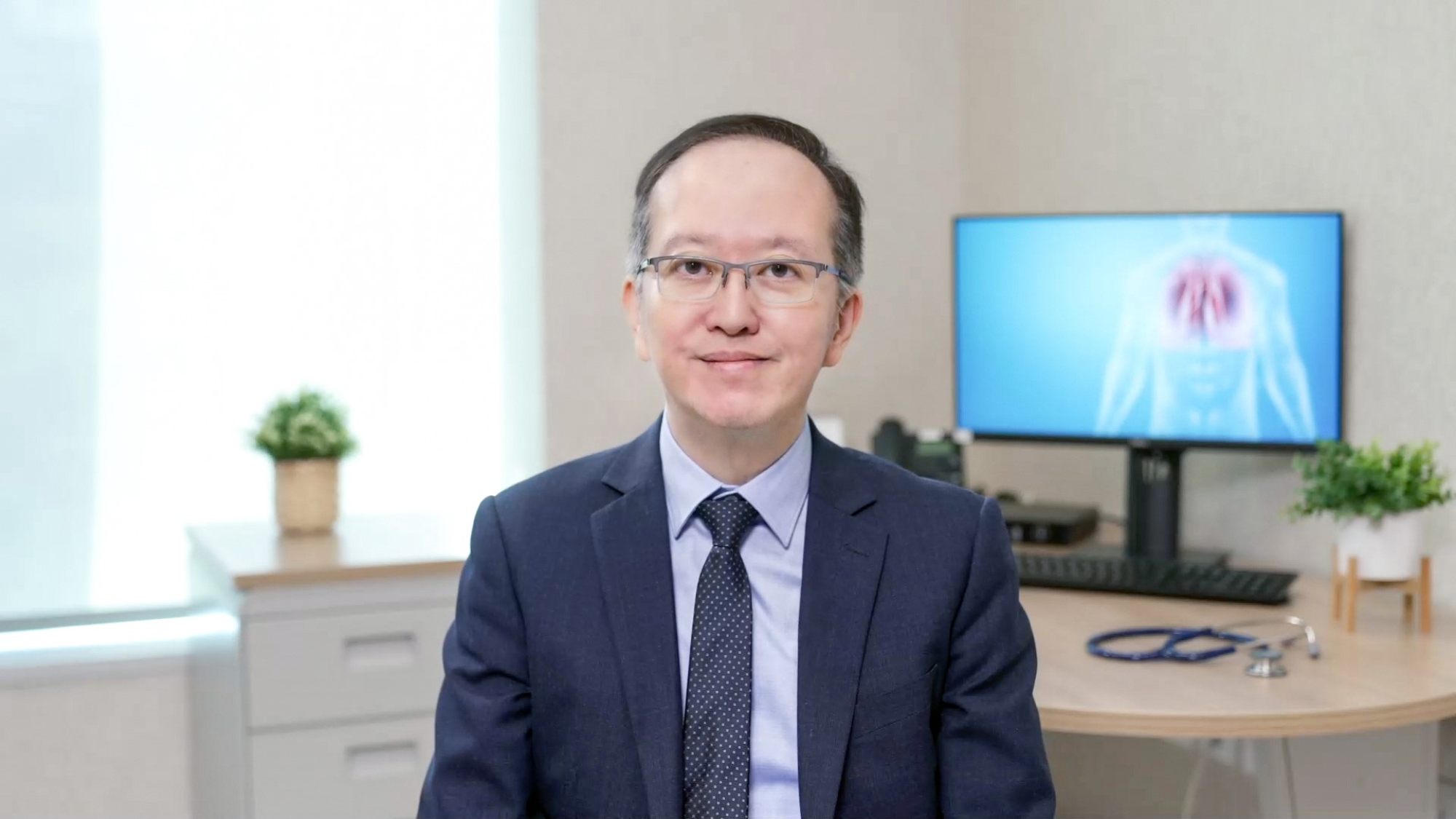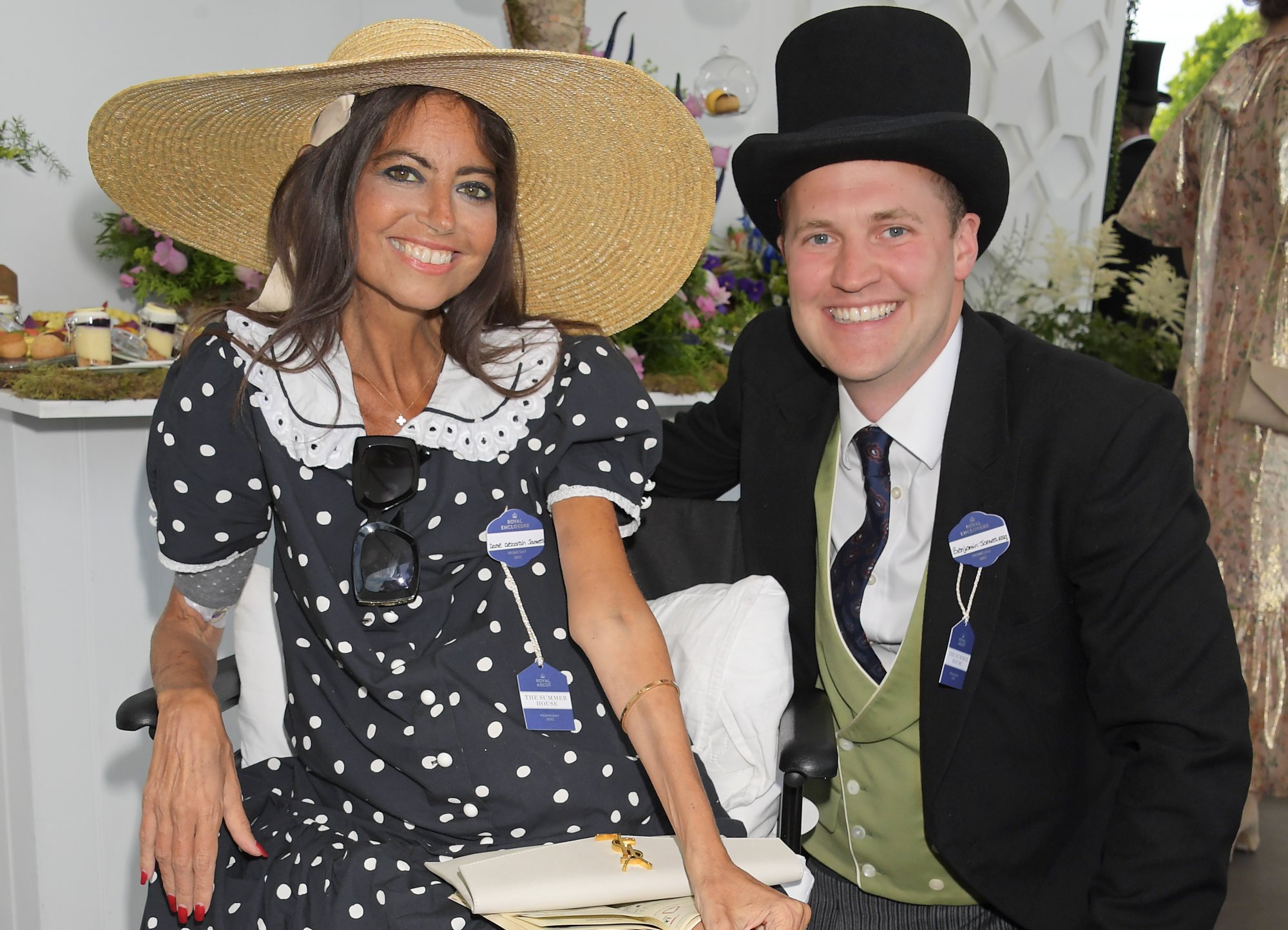
Why more cancer is being diagnosed in younger people – and how lifestyle changes reduce the risk
- While deaths from cancer are falling around the world the number of under-50s being diagnosed with cancer, especially colorectal cancer, is rising significantly
- Consuming high-sugar and ultra-processed foods, and sedentary lifestyles, put under-50s at especially high risk. Experts explain how to lower the risks
This is the good news about cancer: broadly, cancer deaths continue to fall. A reduction in smoking, better treatments, regular screening and quicker diagnoses have resulted in fewer deaths in the past 30 years – in the case of the United States almost 4 million fewer.
This is the bad news: more young people are being diagnosed with cancer. In fact, the risk of developing certain cancers when you’re young has increased for every generation since the 1950s.
The number of under-50s worldwide being diagnosed with cancer has risen by nearly 80 per cent in the space of 30 years, according to a recent and extensive study, published in the journal BMJ Oncology, by scientists from China’s Zhejiang University, Harvard University in the United States, and Edinburgh University in the UK.
Global cases of early onset cancer increased from under 2 million in 1990 to over 3 million in 2019, while deaths among people in their 30s and 40s from cancer grew by 27 per cent. More than a million under-50s die of cancer every year, according to the research.

Yet another study noted that people born in the early 1990s bear four times the risk of developing rectal cancer as people born 40 years earlier. The study attributed this to higher sugar consumption, specifically sweetened drinks.
Shinzo Abe, Chadwick Boseman’s bowel conditions: what to know
Colorectal cancer, in particular, has seen a drastic increase. Last year, the American Cancer Society (ACS) reported that 20 per cent of all colorectal cancer diagnoses in 2019 were in patients under age 55, meaning the rate of diagnosis for this particular cancer had doubled since 1995.
A 2024 report from the ACS reported that colorectal cancer is now the leading cause of death in men under 50 and the second leading cause among women of the same age (breast cancer being the leading cause for them); 20 years ago it was the fourth leading cause.
By the end of this decade it is anticipated that 10 per cent of colon cancers and 22 per cent of rectal cancers diagnosed in the United States will be in patients younger than 50 – up from 4 per cent and 9 per cent respectively in 2008.
Doctors and researchers are trying to understand what’s creating this increase in diagnoses among the young.
Millennials, you’re old: why age is catching up with them faster than boomers
Dr Ashley Cheng Chi-kin, clinical director of oncology at CUHK Medical Centre, says the rising incidence of a wide range of different cancers among people under 50 isn’t confined to the US.
“It’s a global phenomenon,” he says. “There isn’t a clear explanation for the trend, and finding out the reasons behind it is among the top priorities for researchers.”
More cancer screening may explain part of the answer, Cheng says – a hopeful observation. “Other factors like an individual’s diet, lifestyle, weight, environmental exposure and microbiome have also been put forward as potential explanations.”

In 2021 there were 38,462 new cancer cases in Hong Kong, Cheng says – an average of 105 new diagnoses every day.
The cancers most frequently diagnosed were of the lung (15.5 per cent), breast (14.5 per cent), prostate (7.9 per cent) and liver (4.6 per cent), and colorectal cancer (15.3 per cent).
In other words, these five cancers accounted for nearly 58 per cent of all new diagnoses in Hong Kong, he says.
Doctors at the Yale Medicine Colon & Rectal Surgery, part of the clinical practice for the Yale School of Medicine in Connecticut in the US, report diagnosing colorectal cancer among young patients more often.
More peas, please: bowel cancer risk for men lower on a plant-based diet
In a single week, they diagnosed seven patients with this type of cancer. The oldest was 38, the youngest just 18. One had ignored his rectal bleeding, putting it down to haemorrhoids.
As Cheng observes, nobody knows for sure why cancer – including colorectal cancer – numbers are rising in young people.
A 2016 study showed that people who engaged in high levels of physical activity had an almost 20 per cent lower risk of colon cancer than people who did not exercise.

Many ultra-processed foods – tinned soups, salamis, bacon, sausages – have a high salt content to help season and preserve them.
Even foods that don’t taste salty can have a lot of salt in them, including biscuits and breakfast cereals. And foods with a high salt content are associated with an increased risk of gastric (stomach) cancer.
Ultra processed foods lack dietary fibre, which protects us not only from cancers that affect the gut, but also breast cancer in women. Lack of fibre also causes constipation, which raises risk for other cancers.
Sugar tax considered to cure Hong Kong of bad health habits
Sugar is another factor, with plenty of research that links sugar and cancer. While sugar itself is not carcinogenic, it is a driver of insulin production, and some doctors think that high insulin levels in the blood drive cancer because insulin spikes prompt the release of insulin-like growth factor (IGF-1), which aids the growth of cancer cells.
Other doctors believe the link could be obesity – sugar drives that, too. Obesity is the excessive accumulation of fat cells, and fat cells release inflammatory proteins called adipokines. These can damage DNA and cause cells to mutate.
Malignant tumours are all about cell mutation. The more obese or overweight you are, the more fat cells you have, the more of these inflammatory proteins will be racing around your system – putting you at risk for at least 13 types of cancer, including breast, liver and colon cancer.
Even though colorectal cancer in particular is on the rise among the under-50s, the incidence is still deemed too low to justify routine colonoscopies, doctors say – especially as the procedure carries a small risk of bleeding or perforation.
Know your family medical history: your health could depend on it
Everybody – irrespective of age – should be mindful of their family history because many cancers have a genetic link. And everybody should be on the lookout for any changes in their body or bowel movements.
Don’t assume rectal bleeding is piles – haemorrhoids – and don’t ignore constipation or diarrhoea that goes on too long without apparent cause. Be aware of any bowel changes. “Too long”, by the way, is just two weeks.
The UK cancer campaigner Dame Deborah James, who was diagnosed with bowel cancer at 35 and died in 2022 at the age of 40, urged everybody to look at their faecal matter in the toilet bowl.
Keep an eye out for dark or black stools, which may indicate bleeding from a tumour. Talk to your doctor if your stool is narrow, thin or ribbonlike, which may signal that a tumour is obstructing your bowels or rectum.

And all you Gen X, millennials and Gen Zs out there – aside from noticing any of the changes above, remember youth doesn’t mean immortality: live well to live long.
As the study that flagged the rising incidence of cancers among young people noted, encouraging a healthy lifestyle could reduce the risk of early-onset cancer.

